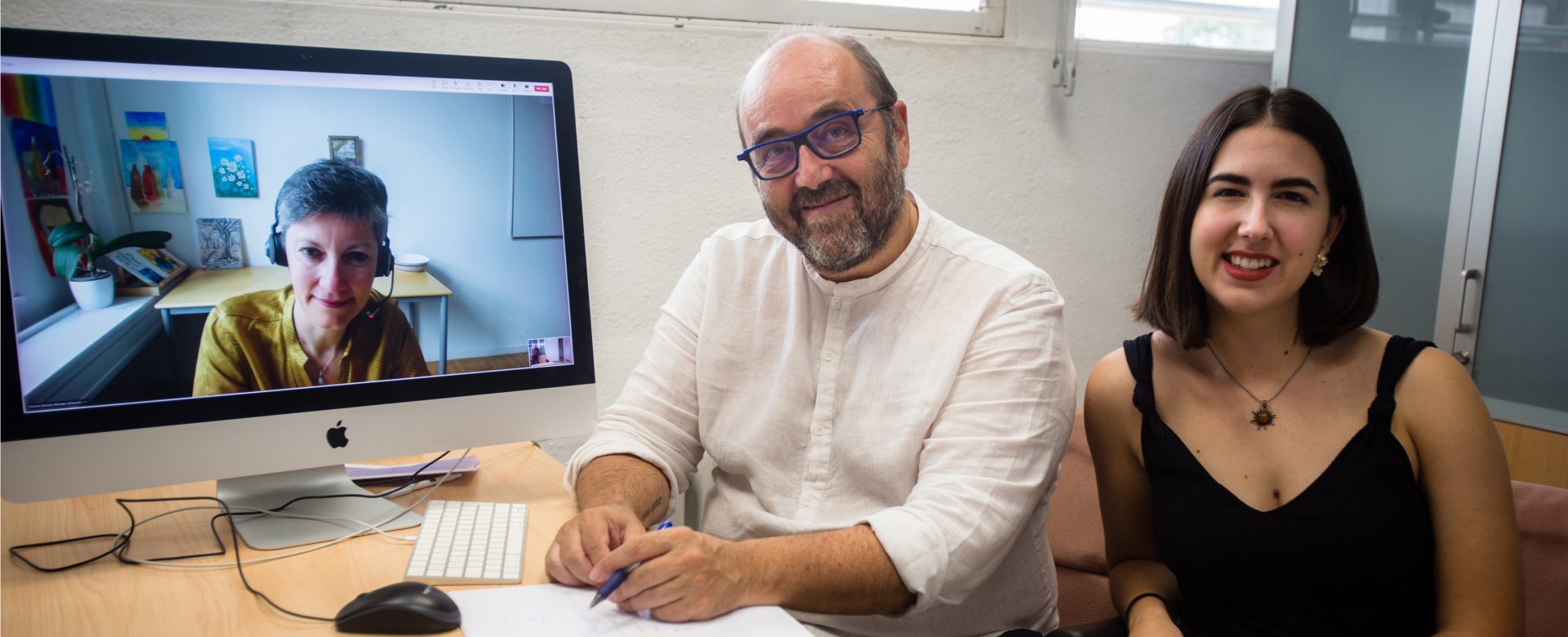
Emilio Jesús Carrizosa Priego, Jasone Ramírez-Ayerbe and Dolores Romero Morales
SPANISH SOCIETY OF STATISTICS AND OPERATIONS RESEARCH (SEIO)-BBVA FOUNDATION AWARDS
Best contribution in statistics and operations research applied to data science and big data
2024
For their paper "Mathematical optimization modelling for group counterfactual explanations," published in the European Journal of Operational Research, which the committee described as "an original contribution to the field of Explainable Artificial Intelligence (XAI) for classification."
CONTRIBUTION
When an artificial intelligence (AI) algorithm classifies a person negatively – considering them at risk of a disease, for instance, or turning them down for a job – it is often impossible to know the reasons that have led it to this conclusion. A fairer approach would be if this negative classification came with a list of similar features to those considered, but on the basis of which the algorithm would have issued a positive score.
With the aim of making AI algorithms more explainable, the paper “Mathematical optimization modelling for group counterfactual explanations,” published in the European Journal of Operational Research, describes new mathematical models to identify the features (like lifestyle habits or professional milestones) that would produce a positive classification.
“We are responding to the urgent need to make algorithms more transparent,” says Dolores Romero Morales, Professor of Operations Research at Copenhagen Business School (Denmark), who shares the award with Emilio Carrizosa, Professor of Statistics and Operations Research at the University of Seville and Jasone Ramírez-Ayerbe, a postdoctoral researcher at the Université de Montréal (Canada).
“Explainable AI is a big deal because it can protect individuals from discrimination,” Romero adds. “We want the algorithm to properly represent the data used in its construction, but these same data may contain a bias that we don’t want the algorithm to magnify.”
She believes that operations research currently faces two major challenges: the growing volume and complexity of data. More and more we see situations where the flow of information is continuous, so it is necessary to select which part of it is relevant to the model and which is not. “This process of selection demands that we make more decisions in our mathematical models,” she explains, “which in turn makes those models more complex.”
For Romero, the importance of her discipline is often overlooked, despite its key role in numerous everyday tasks like the optimization of delivery routes for online orders. Numerical understanding, she insists, is vital in today’s society: “Thanks to data science, many statistics can be visualized that make us better informed citizens, equipped to argue our case and demand access to better resources.”
